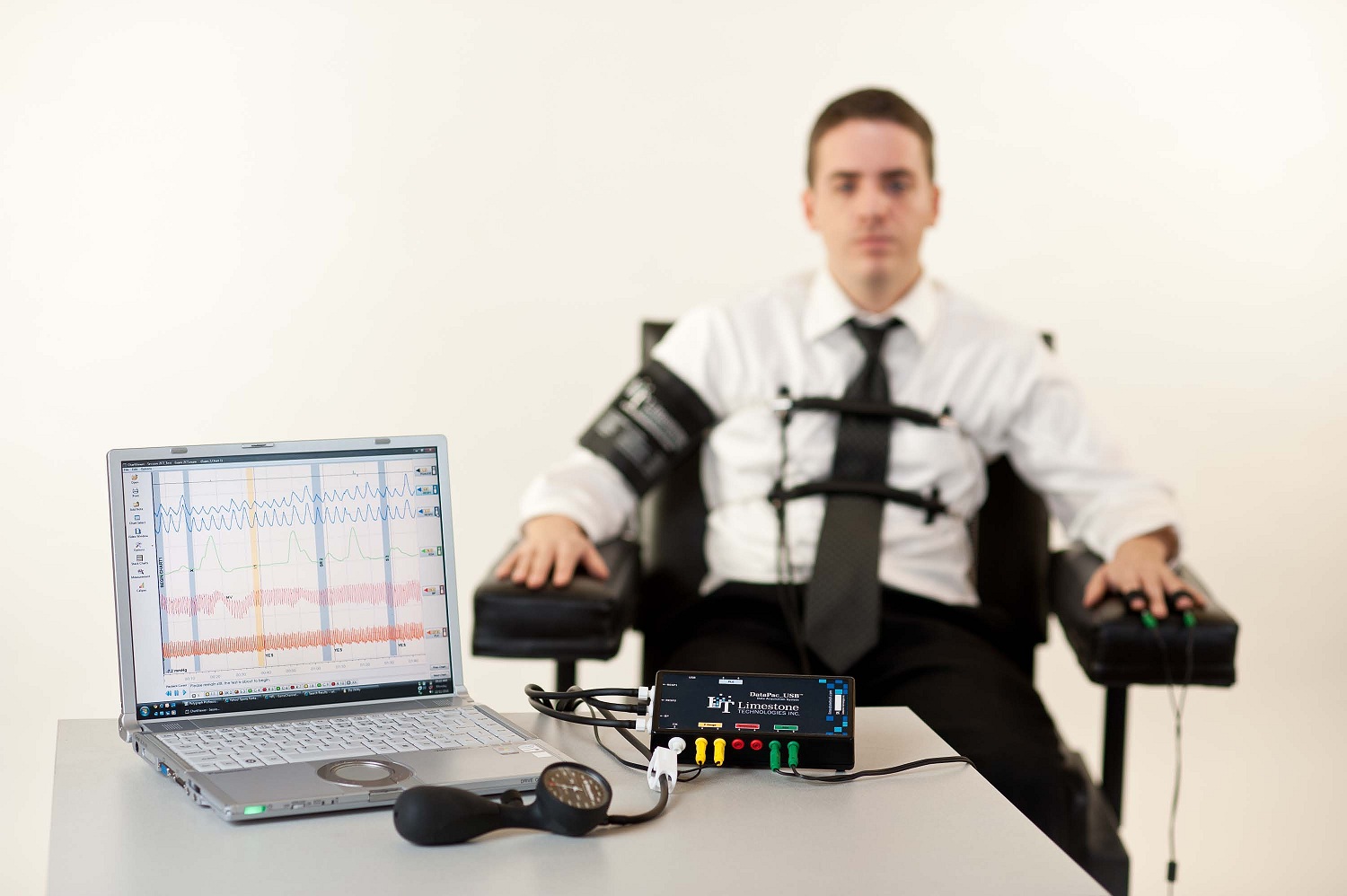The Role of Lie Detector Tests in Modern Investigations
Commonly known as polygraph tests, lie detector tests have evolved into a necessary instrument in contemporary research. From law enforcement to corporate security to personal conflicts, these exams find extensive application in many different spheres. The tests seek to establish the validity of a person’s words by evaluating physiological reactions, including blood pressure and heart rate. Demand for accurate and dependable results in areas like New Hampshire has sparked more interest in the application of the Lie Detector Test New Hampshire for several investigative uses.
Enhancing Criminal Investigations
Lie detector tests are significant in criminal investigations for validating witness testimonies and narrowing down suspects. Although a polygraph test cannot be used as conclusive proof in court and is not perfect, the knowledge acquired from it can greatly affect the course of an inquiry. These tests are frequently used by detectives to support other evidence, therefore clarifying the scene of the events in issue.
Furthermore, the capacity to evaluate sincerity will enable researchers to spot possible leads or clear innocent people from suspicion. While failure could cause more investigation, a suspect passing a lie detector test can find some relief. This binary result can simplify the search and let law enforcement concentrate their resources more precisely.
Applications in Corporate Settings

Lie detector tests are used for purposes other than only criminal investigations. In business settings, they are a powerful instrument for maintaining staff integrity and confidence. Lie Detector Test New Hampshire procedures may be used by businesses doing background checks or internal investigations to evaluate the integrity of recruits or present staff members allegedly guilty of misconduct.
By including lie detector testing into employment procedures, possible dishonesty can be discouraged and an open culture encouraged. Organizations must, nevertheless, negotiate ethical issues and legal restrictions on their use. Emphasizing the need for compliance to prevent possible backlash, several governments have particular rules on when and how lie detector tests can be conducted.
Addressing Personal Disputes
Lie detector tests also find use in personal conflicts, including those involving financial dishonesty or infidelity. Couples seeking polygraph exams to resolve trust problems may also be looking for a way without starting further arguments. The outcomes can help to clarify things and promote honest conversation, hence maybe saving relationships.
Lie detector tests have several uses in contemporary research, in criminal, business, and personal spheres alike. The techniques utilized in these assessments change with technology, improving their dependability and efficiency. Although they should not be seen as perfect truth seekers, they provide insightful analysis that would be useful in many kinds of inquiry. Understanding the suitable settings for its application helps people and companies to maximize the advantages of lie detector tests in promoting trust, honesty, and clarity in their contacts.

